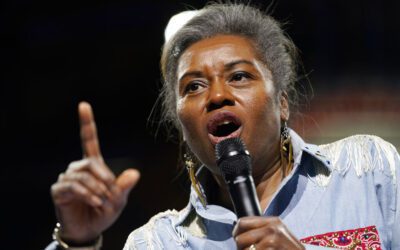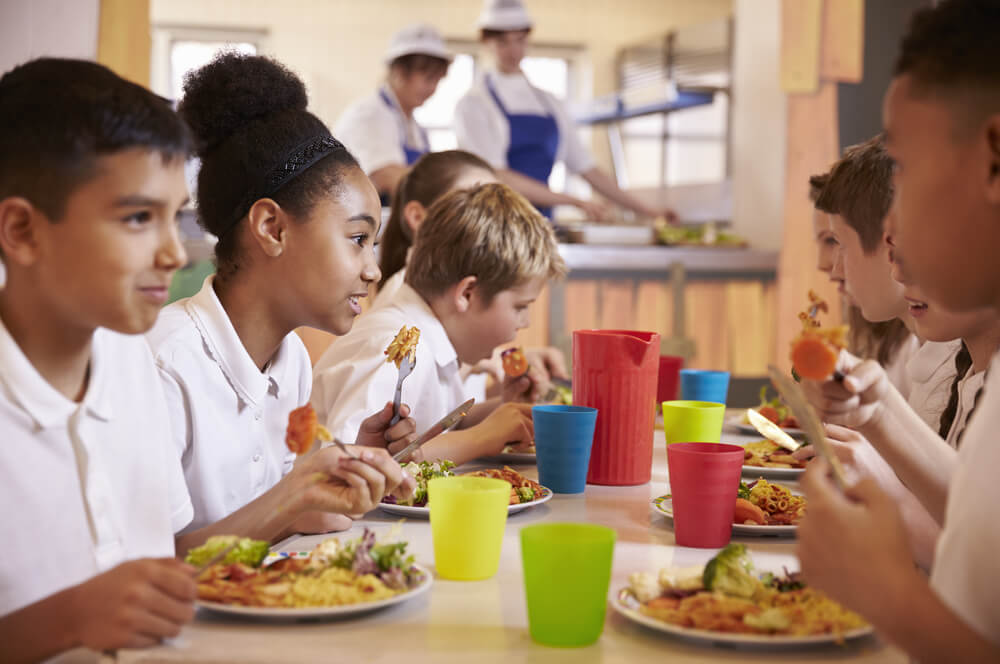
House Bill 1967 would have required Virginia schools to provide free breakfast and lunch to all K-12 public school students. It failed to pass during the 2023 General Assembly session after the Republican-controlled state House blocked the bill. (Photo via Shutterstock)
As families struggled with higher food costs and the end of pandemic-era programs that offered relief, several states passed bills this year to provide free school meals to all K-12 public school students—but Virginia was not one of them.
The reason?
The Republican-controlled state House blocked a bill that would have provided free school meals to all K-12 students in the state of Virginia, offering millions of families some financial relief.
House Bill 1967, introduced by Democratic State Delegate Michael Mullin of Newport News, failed to pass the House Pre-K-12 Education Subcommittee in a 5-3 vote, with every Republican on the committee voting against the bill and every Democrat for it.
The bill would have required Virginia schools to provide free breakfast and lunch to all students, unless the school received written communication from a student’s parent or guardian not to. Mullin’s legislation also would have eliminated any school meal debt.
Although Virginia already provides some free school meals to students who qualify for reduced-price ones through federal initiatives such as the National School Lunch Program, HB 1967 would have expanded free breakfast and lunch to cover all 1.2 million public school students in the commonwealth.
The benefits of universal free meal programs for public school children are well-documented. Research shows that free school meals increase access to nutritious meals, improve attendance and academic performance, and reduce hunger-related behavioral problems and childhood food insecurity.
Free meals also eliminate the stigma that some students who access free or low-cost meals may feel compared to their peers who don’t utilize the programs.
The bill was widely supported by Virginia food advocacy groups.
Emily Moore, a policy analyst for Voices for Virginia’s Children, mentioned how several members of the nonprofit testified in support of the bill during the General Assembly’s session.
“We remain in support of universal school meals,” Moore said. “School meals provide the opportunity for children and youth to have direct access to two meals a day—and when kids are fed, they can show up ready to learn in their classes, and feel better physically and mentally, which will be apparent in the way they show up in their relationships with family, friends, and community.”
Sarah Steely, director of No Kid Hungry Virginia, said that although access to food in Virginia schools has improved since the start of the pandemic, more awareness of the existing programs is needed.
“School breakfast and lunch remain underutilized,” she said.
Several states have expanded their free school meal programs this year, after a pandemic-era federal policy that allowed schools to provide free meals to all students expired last year.
The effort to fill this void and ensure children remain fed has been made even more urgent by higher grocery prices and the end of other pandemic-era support programs, such as the extra Supplemental Nutrition Assistance Program (SNAP) benefits that supported low-income families.
Eddie Oliver, executive director of the Federation of Virginia Food Banks, said that the state’s food banks are starting to see a rise in demand for emergency food assistance as pandemic-era support programs go by the wayside.
Oliver believes schools could play a crucial role in ensuring children don’t go hungry.
“We know schools are the first responders to child food insecurity, so we support any effort to improve access to school meals and position nutrition as the essential learning resource that it is – provided without income discrimination, much like books, laptops, and transportation,” he said.
Mullin is not seeking reelection in 2023, but it’s possible that if Democrats win back control of the state House and retain control of the Senate, that they could introduce and pass a universal free school meals program next year.
If that happens, more than 1.2 million Virginia students would be guaranteed access to two free meals a day, ensuring they don’t go hungry and giving their families some support.
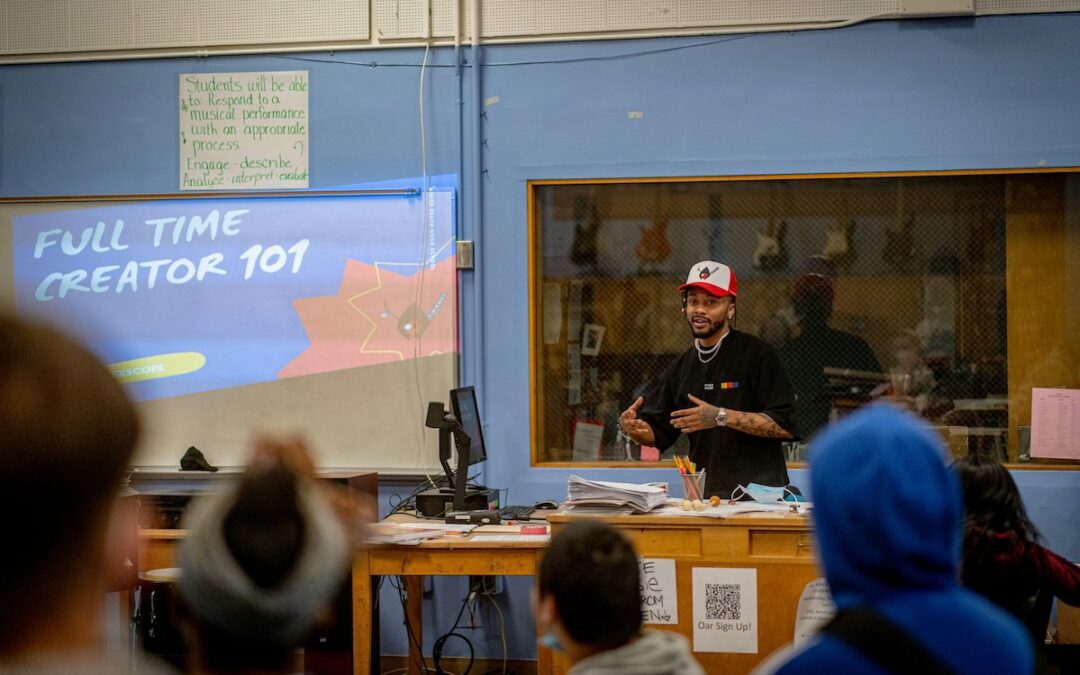
Virginia public schools had more than 3,200 unfilled teaching positions in 2024-25
Something’s missing in Virginia classrooms—and it’s not just school supplies. According to the Virginia Department of Education Teacher Vacancy...
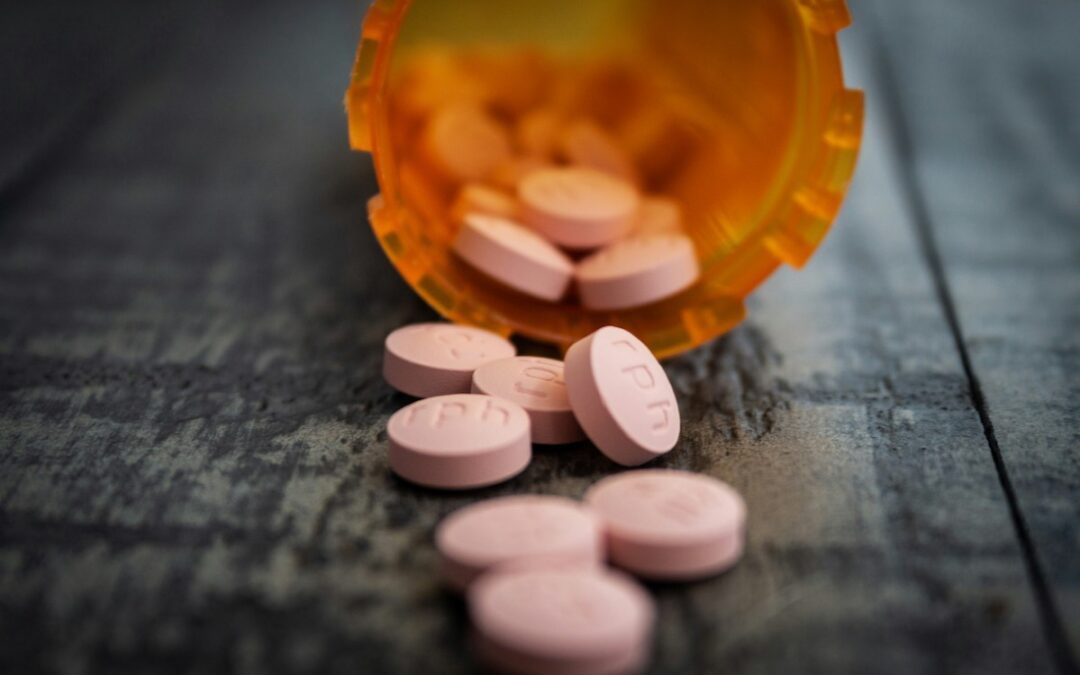
Botetourt County Public Schools reinstated random student drug testing
A previously paused policy is back in Botetourt—here’s what it means for students signing up for extracurriculars and parking permits. Following a...

Phones off: Hanover Schools’ policy results in 1,600+ confiscations
One school division went all-in on unplugging during the day—and the results are in. Over 1,600 mobile devices were confiscated at Hanover County...

New federal loan limits could derail Virginia students’ path to medical school
This story by Shalina Chatlani was produced by Stateline and reviewed and distributed by Stacker. Twenty-eight-year-old Michaela Bonner has been...

Public school defender Ghazala Hashmi takes on right-wing radio’s Reid for lieutenant governor
Sen. Ghazala Hashmi, a mom of two daughters, is clear about the choice Virginians face when they go to the polls this November. Do they want to...
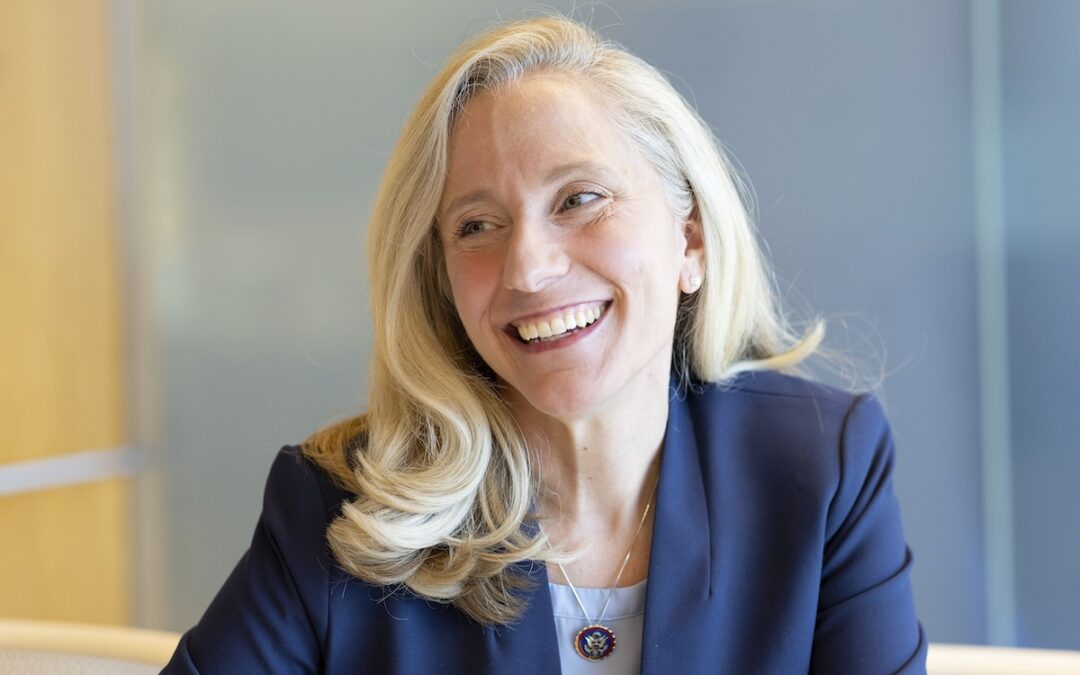
The Spanberger strategy: Can this Virginia Democrat reset the politics of public education?
This story was originally reported by Mel Leonor Barclay of The 19th. Meet Mel and read more of her reporting on gender, politics and policy. During...


